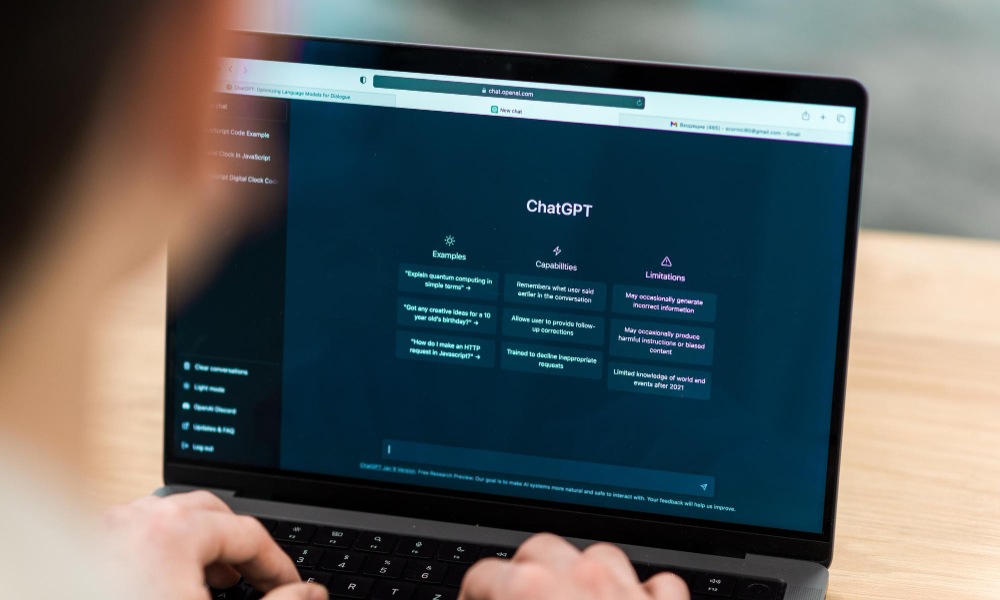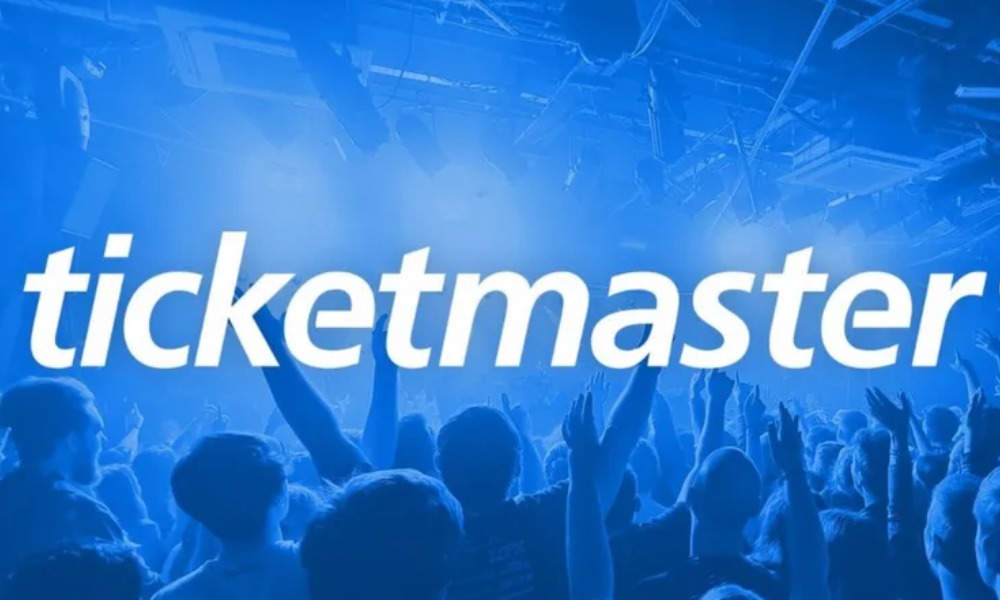OpenAI recently launched a powerful new version of its popular chatbot, GPT -4. Here are the key things to know:
- Can see, hear, and talk in humanlike ways
- Demonstrated abilities like teaching math, telling stories, and calming exercises
- Available in 50 different languages
- Major tech companies like Google, Microsoft, and Apple are working on competing AI
This advanced AI technology is rapidly evolving and becoming more accessible. But what does it mean for businesses, jobs, and the economy?
Rapid Tech Advancement Brings Changes
The quick development of generative AI like ChatGPT is disrupting many industries. Experts say:
- Some jobs could be impacted as companies apply AI for higher productivity
- This could help ease inflation issues by increasing efficiency
- However, it’s difficult to predict all the effects of such fast-paced technological change
Companies must carefully consider how to best utilize and adapt to these powerful new AI tools.
Where Should Investors Look?
For investors interested in capitalizing on the AI boom, there are a few key players:
- Nvidia was explicitly mentioned as a core technology provider for GPT-4
- Microsoft has a significant ownership stake in OpenAI
- Tech giants like Google and Apple are racing to launch their own advanced AI
However, some analysts caution against overpaying for AI stocks that are already seeing huge demand. They suggest looking at other companies that could gain productivity benefits from effectively applying the technology.
The AI Race Is Just Beginning
While OpenAI struck first with its impressive GPT-4, other major tech companies have upcoming AI releases. As this powerful technology becomes more widespread, it will be fascinating to see how it transforms various industries and how we live and work.
How do these rapidly advancing AI capabilities impact businesses and society? What innovations or challenges might arise?
Photo Credit : Freepik
















